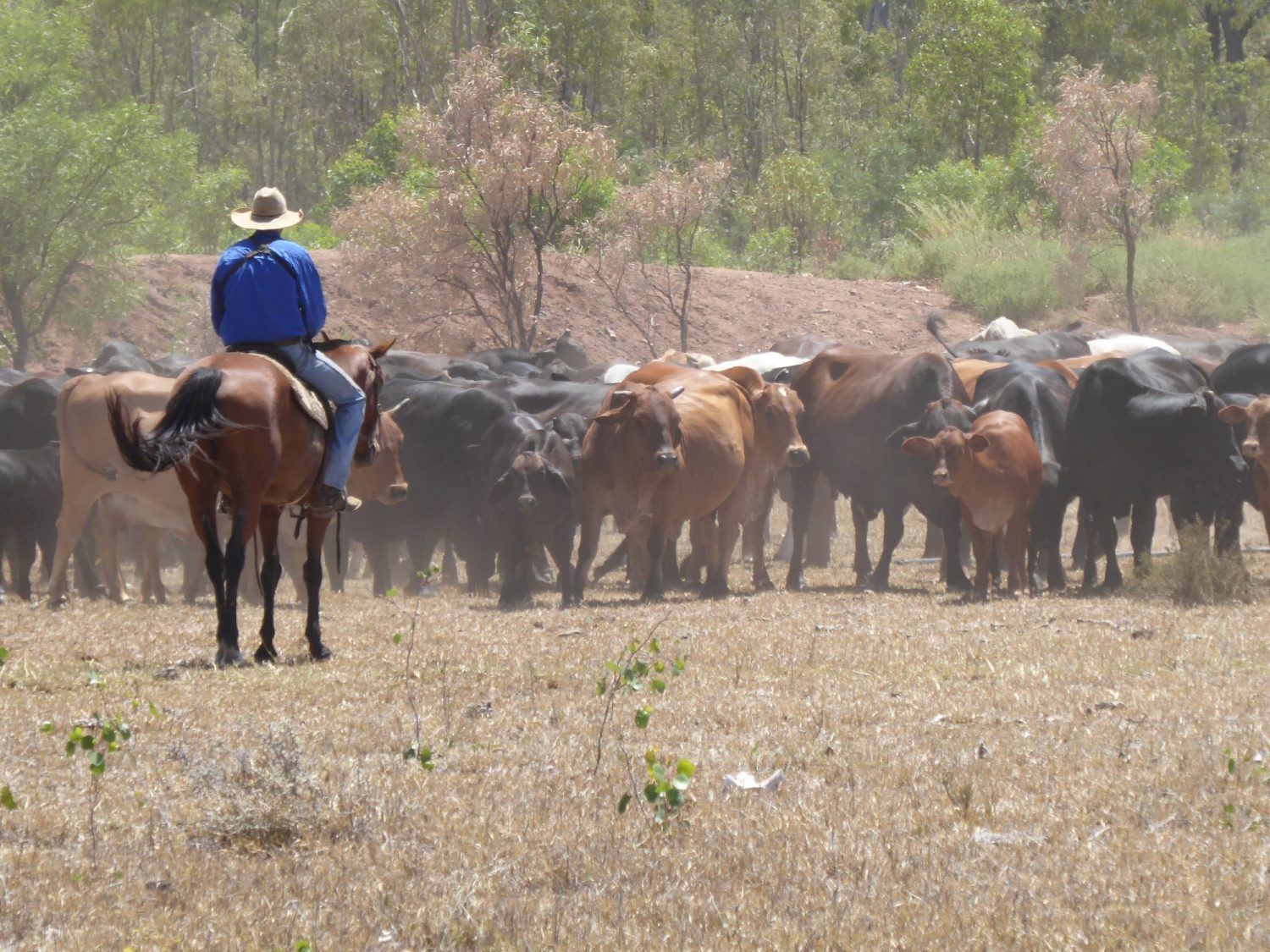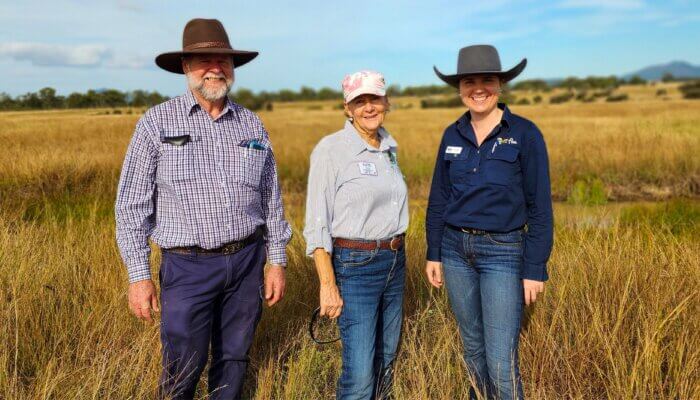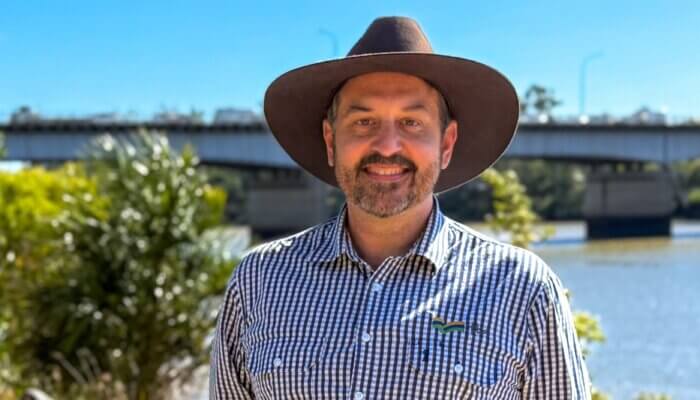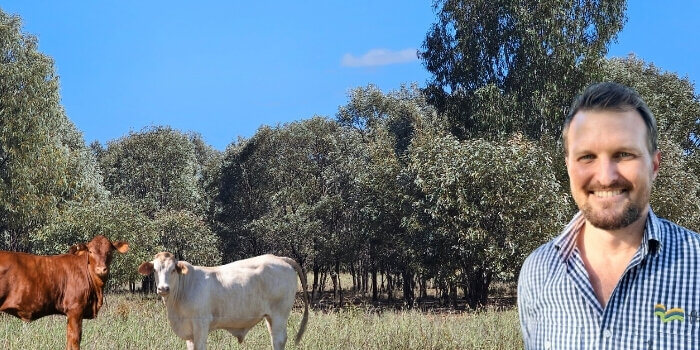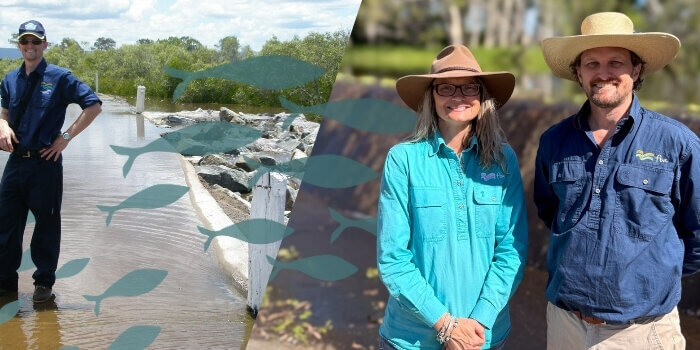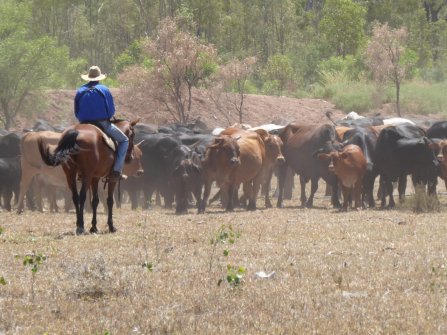
Advanced Livestock Handling workshop a game changer for Fitzroy grazier
Posted on September 17th, 2018
Fitzroy grazier Rhys Daniels says that prior to attending Advanced Livestock Management courses, run by Neil McDonald, the prospect of yarding cattle was daunting.
To me, this stock handling training and methodology is, to the livestock industry, what GPS has been to the grains industry,” says Daniels.
“Having a GPS steer your tractor doesn’t directly make a farmer more productive, profitable or environmentally friendly in itself, but it enables the farmer to do the things that are more productive, profitable and environmentally friendly.”
Speaking of his attendance at a recent Neil McDonald workshop, delivered by Fitzroy Basin Association Inc. (FBA), Rhys believes his enterprise, as a result, is more economical and efficient.
We expanded our cattle enterprise on the back of the confidence we have now,” he said.
“(The workshop) changed our views on how big an operation we could handle, and we haven’t looked back since.”
Rhys attributes the exceptional standard of the FBA-funded Neil McDonald workshops as having positive benefits on relationships, attitudes and results.
A decrease in helicopter hours, arguments, fear and a new-found willingness to train work experience students are all reasons why Rhys would recommend Neil McDonald’s techniques to every land manager.
McDonald’s approach is based on the principle that livestock who are frequently managed experience less stress, making transitions on the farm safe and efficient.
FBA fund these workshops because of the added benefit in saving time and topsoil – frequent livestock movement reduces sediment run-off into our waterways that drain into the Great Barrier Reef.
“Rotational grazing is a lot easier if you’re confident you can shift your cattle without expensive mustering outfits. Making decisions to yard a mob and treat them for something, or weigh them to monitor their productivity is easier if it’s not a battle and a headache getting them yarded.”
“Nowadays there’s a change in the way we trade cattle. We now have less fear of buying in other people’s problems, and indeed use that as a strength in our business, by buying cattle that others may look over cheaply, and turning them into a more desirable product.”
Daniels recorded footage of his first interaction with a mob of cattle in this clip. Due to investment in training and livestock handling techniques, he handles the new cattle, delivered to him that morning, with ease.
“I’m a keen returning customer myself, and I learn something new at every school I attend,” he said.





